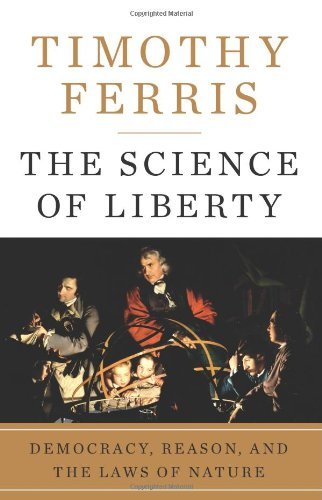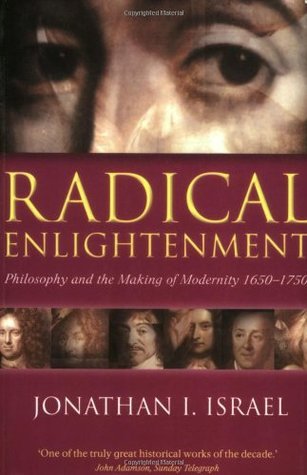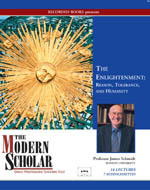
Voltaire's Bastards: The Dictatorship of Reason in the West
Book Description
What if the very tools of reason—science, logic, and rationality—became the chains of oppression? In "Voltaire's Bastards," John Ralston Saul unveils a chilling exploration of how Enlightenment ideals have spiraled into a dictatorship of cold, calculating thought. With razor-sharp analysis, he dissects the machinery of modern power, revealing how it enslaves rather than liberates. A vivid tapestry of philosophy, history, and culture, this gripping narrative challenges the romanticized notions of reason and progress. Are humanity's greatest achievements actually veering towards catastrophe? Unravel the paradox and discover what lies beneath the polished surface of rationality.
Quick Book Summary
In "Voltaire's Bastards: The Dictatorship of Reason in the West," John Ralston Saul examines the unintended consequences of the Enlightenment's elevation of reason. Saul argues that the Western world's overreliance on logic, science, and bureaucratic rationality has led to a society where technical competence is prized over wisdom, ethics, and human values. The birth of rationalism, which once promised liberation from superstition and tyranny, has in some ways created new forms of oppression through technocratic elites and dehumanizing systems. Saul dissects the modern structures of government, economics, and culture, showing how rationality has separated action from meaning and disconnected leaders from the societies they serve. The book challenges us to rethink the purpose of thought, urging a return to a more integrated and humanistic approach to knowledge and power.
Summary of Key Ideas
Table of Contents
The Tyranny of Rationalism and Bureaucracy
Saul begins by tracing the rise of rationalism in the West, highlighting the ideals of the Enlightenment and thinkers like Voltaire. These intellectual movements championed logic, evidence, and science as antidotes to superstition, hoping to construct a fair and liberated society. However, Saul contends that the triumph of reason has been accompanied by an unintended tyranny: rather than fostering genuine human progress, rational structures of authority have ossified into bureaucratic systems that serve their own perpetuation. The tools of logic and organization, once liberating, now constrain creative and ethical action.
Disconnection of Elites from Society
A central concern of Saul is the emergence of technocratic elites who are increasingly detached from the societies they govern. These leaders mistake technical expertise and organizational prowess for wisdom, privileging form over substance. As experts manage government and corporate bureaucracies, decision-making becomes rigid and rule-bound, alienating citizens from the processes that affect their lives. Saul illustrates this with historical and contemporary examples, arguing that such detachment erodes democracy, public trust, and meaningful engagement in civic life.
Erosion of Ethics and Imagination
Saul is especially critical of the marginalization of ethics, intuition, and imagination in public discourse. Rational systems often suppress dissent and complex human values, favoring efficiency and control. This results in a culture where moral questions are sidelined or reduced to technical problems, and where imaginative thought is undervalued. Saul believes that this dehumanization undermines societies’ capacity for empathy, justice, and moral growth, thereby stunting true progress.
Misguided Faith in Progress and Technology
The book also examines the blind faith placed in technology, progress, and quantitative success. Saul argues that many Western societies have embraced a myth of inevitable advancement, viewing technological and material achievements as proof of moral superiority. However, this narrative ignores the social and environmental costs of unchecked rationalization. Saul points out repeated historical failures and catastrophes that occurred precisely because of experts’ misplaced confidence in systems and data, emphasizing the limitations and dangers of such blind spots.
Reclaiming a Humanistic Approach to Reason
In conclusion, Saul calls for a reintegration of reason with ethics, creativity, and public responsibility. He contends that human society must move beyond the current dictatorship of rationality by recognizing the need for wisdom, context, and moral reflection in decision-making. Only by blending analytic thinking with humanistic values can societies achieve meaningful progress and prevent the pathologies that arise when reason operates without regard for the complexity and richness of the human condition.
Download This Summary
Get a free PDF of this summary instantly — no email required.





